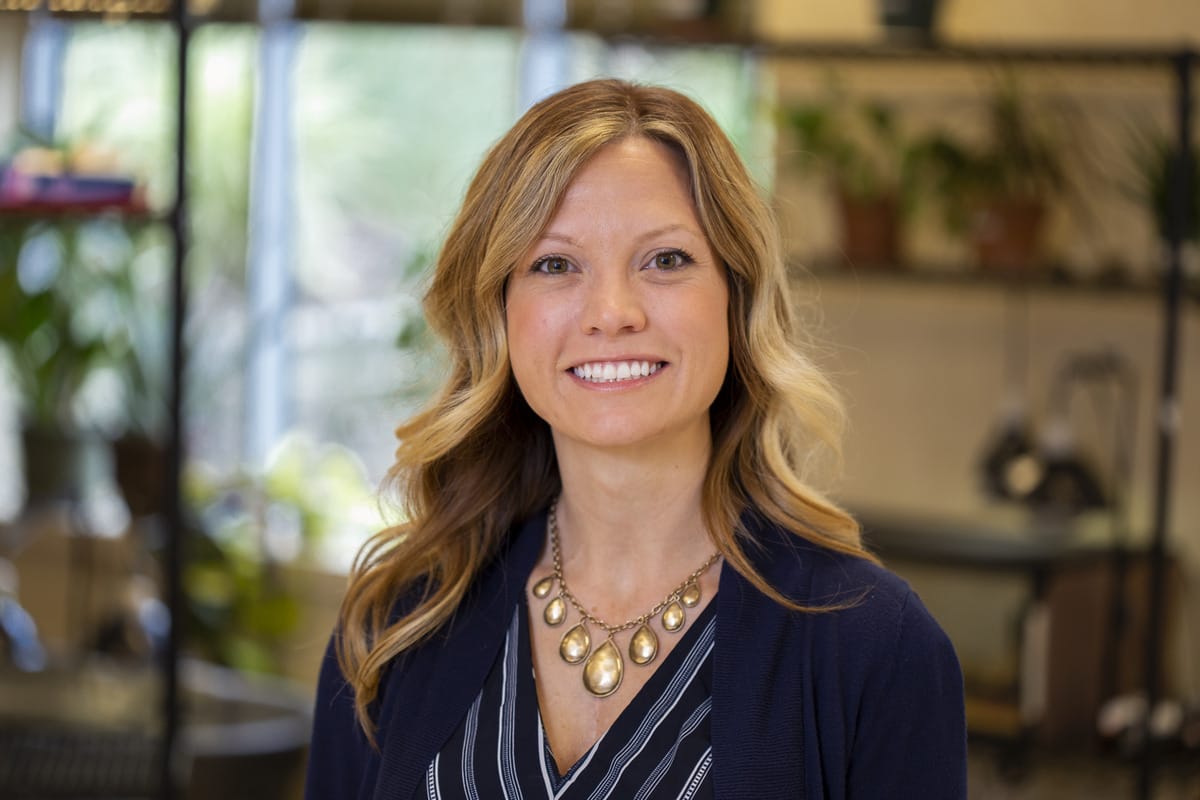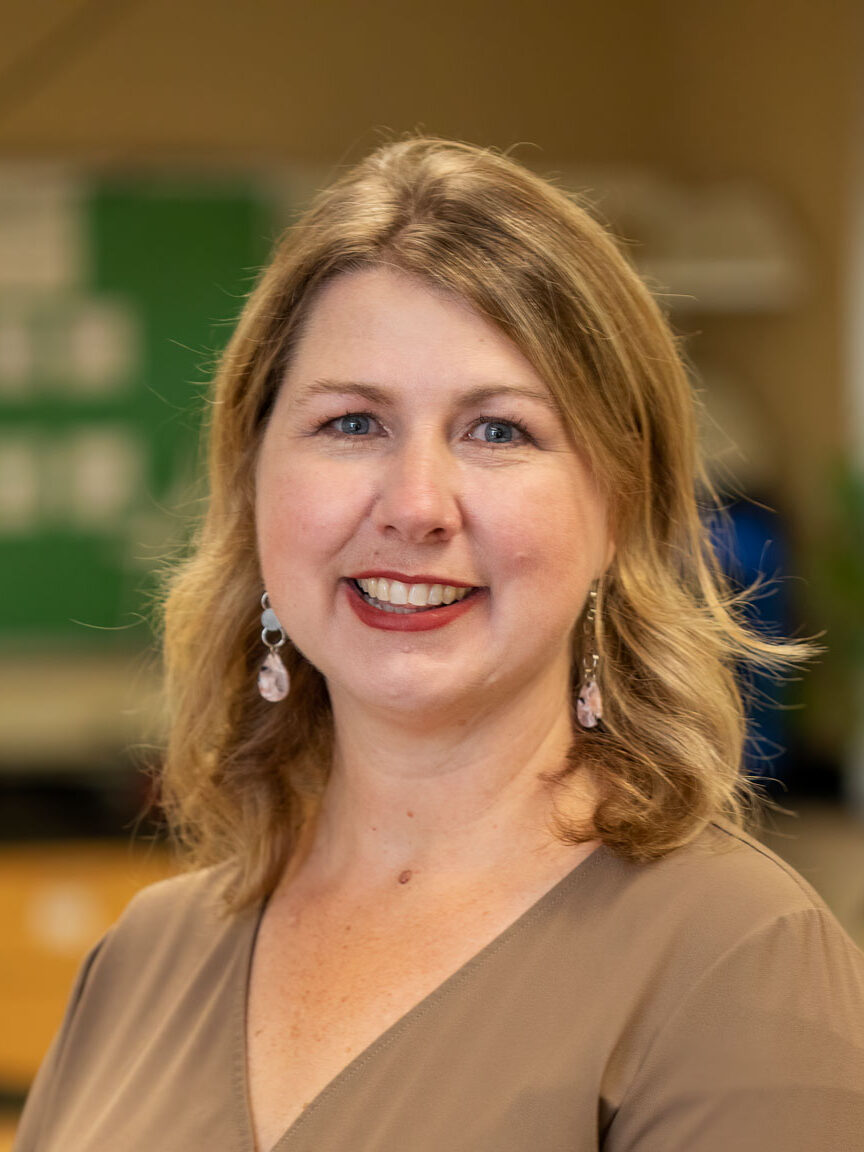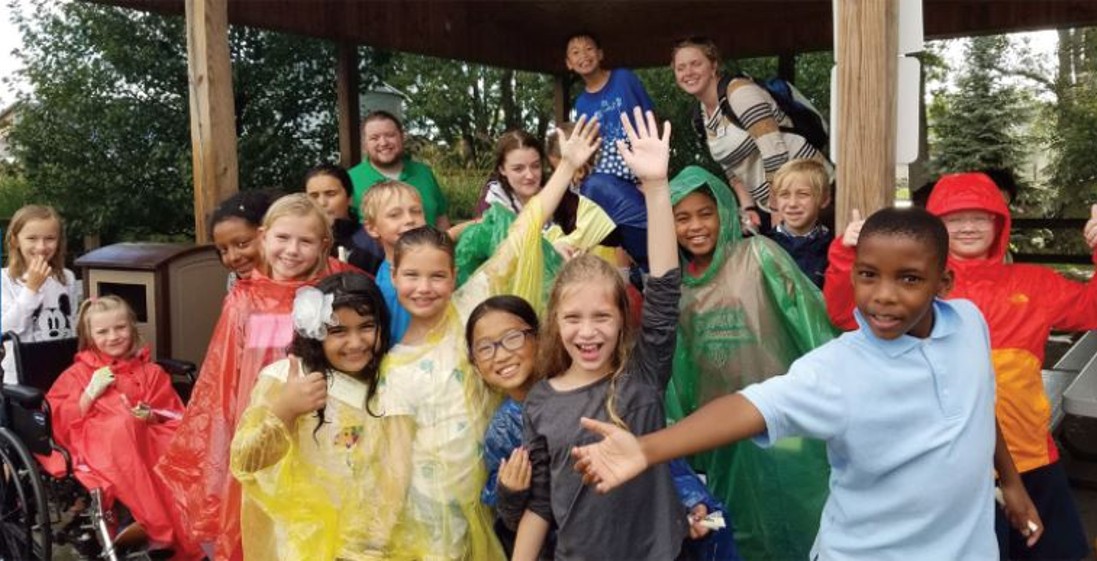One of the biggest challenges teachers often face is trying to balance age-appropriate academic rigor with the need for kids to just be kids. School should be a place where children begin their academic journey. Young students can grasp advanced concepts, and parents want you to challenge their children and set them up for success in kindergarten and beyond. Yet school should also be a place where students develop emotionally and socially. They should be free to explore the world in developmentally appropriate ways and to embrace their natural tendencies for fun and games.
Through movement and playtime, students learn about the world around them while also discovering a lot about who they are as individuals. Any google search on the topic of play will bring up articles and studies that support the need for it. Not only is play beneficial, but crucial for normal social, emotional, and cognitive development. By pulling play out of our children’s day, we are depriving them of opportunities for essential growth and development.
Mandatory Fun
So, outside of being intentional, what are some small ways that can foster learning through play? Here are a couple of ideas to incorporate fun and curiosity into your school day:
- Allow for Brain Breaks: After a challenging lesson, give students a minute or two to reinvest cognitively. Get a beach ball and have them try to keep it in the air, or form two lines and have a quick rock, paper, scissors tournament. Check out other brain break options here. Each of these will only take a few minutes and the payoff is worth the investment because students will attend better to instruction afterword.
- Designate a Day: Make a certain day playful. I used to do “Dancing Mondays” with my students. I know some of you are squirming at the very thought and I get it! Still, if you’re willing to let loose and allow things get a little loud, your students will love this break in the day. Plus, if you’re anything like me, you’ll finally get schooled in what it means and looks like to “Hype” and “Tidy”.
- Passion Projects: If you’re looking for something that’s a little more low-key, try devoting a part of a weekday to passion projects. I used to do “Figure-It-Out Fridays” where students were given the time, materials, and space to play, manipulate, and create. They came to me with an idea and were left to their own creative devices to figure out how to come up with a solution.
Fostering Curiosity
Although these concepts can seem at odds, making us feel like we need to choose between academics and play, it doesn’t need to be that way. I’m always looking for a way to have my cake and eat it too (literally, I buy 2 cupcakes each week!), so rather than prioritizing the concept of academics over play, try to make room for both whenever possible. When we make space for fun after our phonics lesson, or incorporate play while counting, we’re teaching something much more valuable than language or math. We’re fostering curiosity and teaching that everyday discovery is a part of the learning process.


